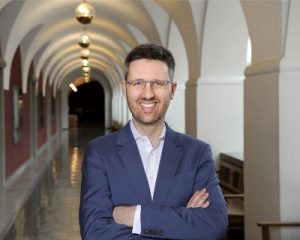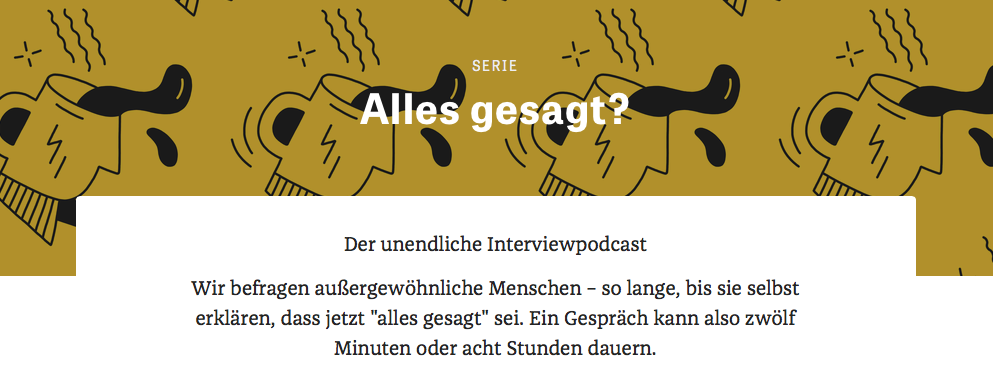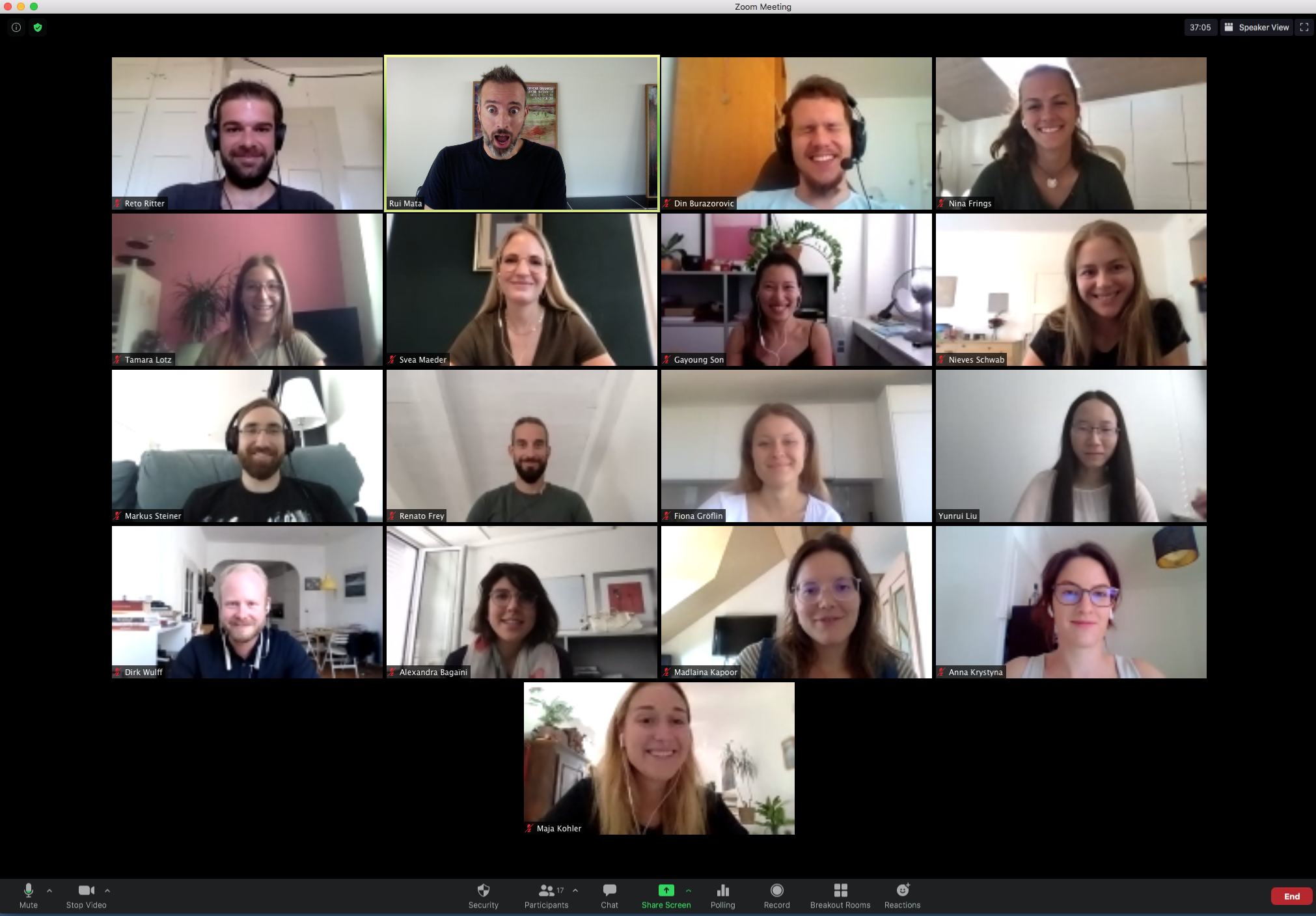The first speaker (24 September) in this semester’s SWE colloquium series is Sandro Ambühl, UBS Foundation Assistant Professor of Behavioral Economics of Financial Markets at the Department of Economics at the University of Zurich. One focus of his research studies how to help people make good financial decisions. The other strand of research concerns policies for the exchange of goods about which people have strong ethical intuitions, as is the case, for example, with living organ donation, or when incentive systems place a price on the natural environment. He addresses these questions using a combination of controlled experiments and economic theory. His research has been featured in the popular press, including The Washington Post, Financial Times, The Wall Street Journal, NPR, and the Frankfurter Allgemeine Zeitung.

Incentives and the Quality of Decision Making
An Offer You Can’t Refuse? Experimental Tests of ‘Undue Inducement’
Around the world, laws limit incentives for transactions such as clinical trial participation, human egg donation, or gestational surrogacy. A key reason is the notion of undue inducement—the conceptually vague and empirically untested idea that incentives can lead to bad decision making by distorting individuals’ beliefs about the transaction. Three experiments show that participation incentives induce selective information search and thus alter beliefs. These changes, however, do not lower measured decision quality. They are consistent with Bayes-rational, costly information processing, which is shown to generate information acquisition that resembles motivated reasoning.
Attention and Selection Effects (with Axel Ockenfels and Colin Stewart, submitted)
Many transactions involve uncertain but learnable consequences. Who responds more to incentives to participate, individuals who find it easier to learn about consequences or those for whom it is more difficult? We show theoretically and experimentally that incentives disproportionately attract those with high learning costs. These participants’ decisions rest on worse information, rendering ex post regret more likely. Selection based on learning costs is substantially more pronounced than selection on risk preferences in many of our treatments. Our results apply to a wide range of economic transactions and, moreover, highlight a conflict between participation incentives and ethical principle

